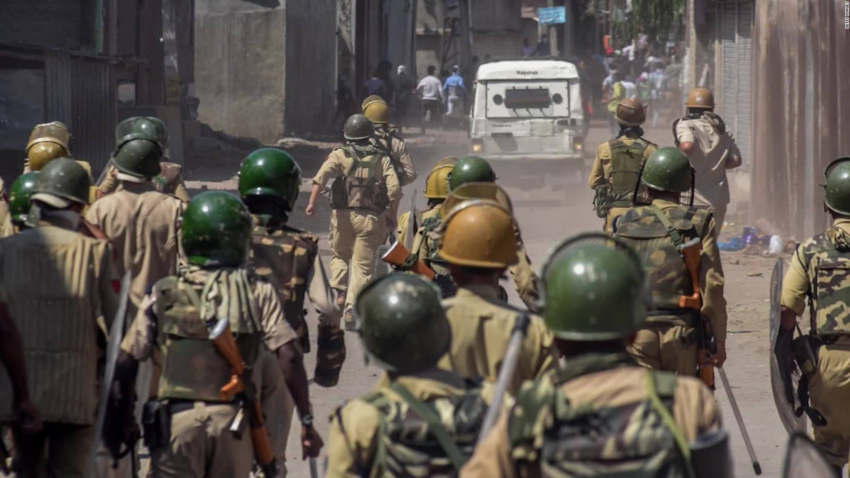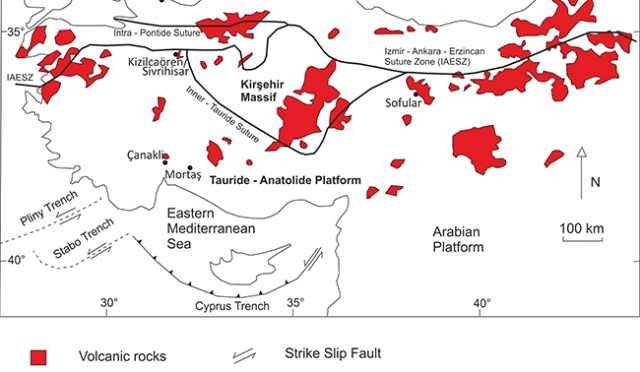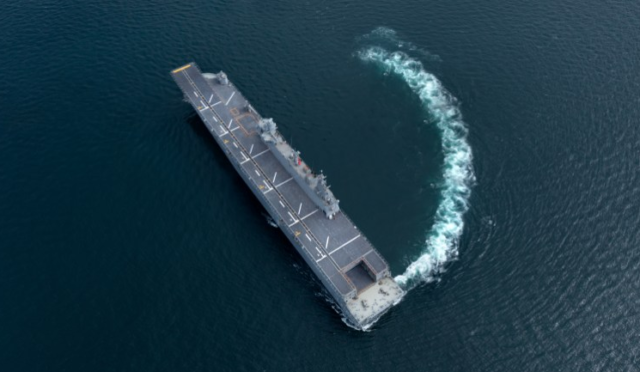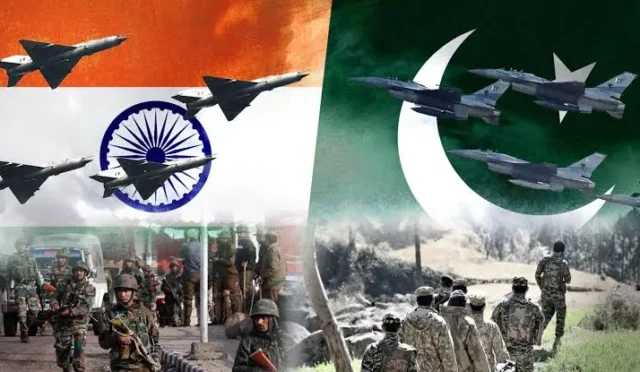India-Pakistan Tensions Rise After Deadly Kashmir Attack
**Tensions between India and Pakistan have dramatically intensified following a deadly militant attack in Kashmir, leading both nations to significantly downgrade their diplomatic, military, and trade relations. On April 22, a group of armed militants launched an attack in the disputed Kashmir region, resulting in the tragic deaths of 26 tourists. This assault in Pahalgam has prompted the United Nations to urge both sides for ‘maximum restraint’ amid fears of a wider military conflict. According to French news agency AFP, clashes erupted along the Line of Control (LoC), the de facto border dividing the two countries in Kashmir, heightening existing hostilities.
In a statement released on April 25, Indian Army sources detailed that the initial gunfire was opened by Pakistani forces. A local official from Pakistani-administered Kashmir confirmed the exchange of fire but did not attribute responsibility for the starting shots. Pakistani official Syed Ashfaq Gilani clarified to AFP that there were no attacks directed at civilians during the confrontation. This latest incident reignited longstanding diplomatic and political strife between India and Pakistan, with Pakistan taking measures such as closing its airspace to Indian airlines and rejecting India’s halt of a vital water-sharing treaty known as the Indus Waters Treaty.
Diplomatic Fallout and Retaliatory Measures
In an official announcement, Pakistan indicated that effective April 30, a cap was placed on India’s diplomatic personnel in Islamabad, limiting their number to 30. Furthermore, the closure of Pakistan’s airspace to all Indian-operated flights marks a significant turn of events in their bilateral relations. The current climate of hostility has pushed ties to an unprecedented low for both nuclear-armed nations, which have faced off in three wars. It has also been made clear that all trade activities between the two countries have been halted, including an immediate closure of the Wagah Border Crossing.
Since the division of the region post-independence in 1947, Kashmir has remained a contentious issue, with both India and Pakistan claiming sovereignty over the entire territory while administering distinct portions. This division has fostered an enduring cycle of violence and discord between the neighboring nations, often spilling over into broader geopolitical concerns.
Pakistan’s National Security Response
In a recent statement from Pakistan’s Prime Minister’s Office regarding the Kashmir terrorist attack, discussions from a National Security Council meeting led by Prime Minister Shehbaz Sharif were disclosed. The decision taken by India to unilaterally suspend the Indus Waters Treaty was unequivocally dismissed. The importance of this treaty for regional stability was emphasized, alongside Pakistan’s commitment to safeguarding its water resources.
The Pakistani administration asserted that any attempts to modify the already established flow of rivers, which are legally recognized as belonging to Pakistan under the treaty, would be unacceptable. Such actions would be deemed as hostile and considered an act of war, according to the statement. In response to the escalating tensions, the Indian military has begun deploying advanced air defense systems along its border with Pakistan, preparing for any potential confrontation.







